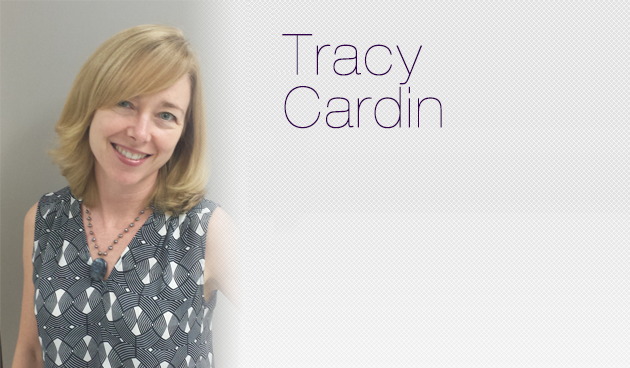Recently, I heard from a number of NP/PA providers in response to Dr. John Nelson’s editorial published in the January edition of The Hospitalist. In the editorial, Dr. Nelson refers to an article in the Journal of Clinical Outcomes. The single-site study compared routine versus expanded PA care in a community hospital, and the intervention group delivered a three percent reduction in costs with similar measures in quality.
In discussing the results, Dr. Nelson concluded that this article showed that, with proper planning and infrastructure, care delivered primarily by PAs can go “OK”. Many of you took offense at the lack of enthusiasm or support for the model studied and felt that it demonstrated poor understanding for the migration of roles for NP/PA providers in hospital medicine.
So who is right? Was it merely one tiny study that showed “OK” results? Or was it an impactful article that demonstrates the efficacy and trend of utilization of NP/PA providers?
For a long time, I have heard from many hospital medicine group leaders that there is no research to support safety and efficacy of advanced practice clinicians (APCs) in delivering care to inpatients. Then comes along this study, which demonstrates what I have been crowing about for some time – that pushing the needle on care delivery redesign is safe and effective.
This is part of the ongoing and successful evolution of NP/PAs in hospital medicine, and it’s beneficial to step back and look with the “retrospectoscope”. Maybe ten or twelve years ago, people were thinking about IF we hire APCs. And they weren’t called APCs; they were called “non-physicians”. Hospitals and hospital leaders wanted to know IF they should be hired. Subsequently, the conversation pivoted from IF to WHEN – when we hire them, how we on-board them and how we integrate them into hospital medicine teams.
That conversation has now shifted again to HOW we leverage these providers to maximize their scope of practice, impact the financial landscape and ensure our quality. From conversations I have had with APCs and hospital leaders nationally, I am seeing and hearing about a new and enthusiastic embrace of novel care delivery models, from utilization of APCs in independent roles managing observation units to manning an entire house in critical access hospitals. The VA has even invoked federal supremacy to allow all NP providers to practice without restrictions, regardless of in which state they practice, because they know and see the value in that access and quality of that care. Moving forward, in order to be successful with NP/PA integration, hospitals and hospital systems should critically evaluate any barriers to expansion of NP/PA practice, such as overly restrictive medical by-laws, compensation structure that provides a disincentive to independent NP/PA practice or a hospital culture that prohibits a more progressive care model.
To me, the article demonstrates what I am already certain of – moving forward, those groups and institutions that concentrate on removing barriers to APC practice and think creatively, albeit with a firm hand on process, will be competitively successful. And those that don’t will struggle with an aging population of physicians and rising physician salaries in an era of shrinking reimbursement.
There are always barriers to change in any system. It is easy to believe that those barriers, such as medical by-laws, restrictive state practice acts, medical staff culture and preparedness of providers, are insurmountable. But despite the easy counting of those barriers, hospitals and hospital systems ARE making these changes successfully.
SHM has a long history of promoting the integration of APCs into hospital medicine groups; they support and respect our role and support demonstration of successful models, such as the talk to be given at Hospital Medicine 2017 by Emilie Thornhill, PA-C and Meredith Wold, PA-C, “Innovations in APP Practice Models.” I wouldn’t have the privilege of serving on the Board of Directors if the importance of APC practice wasn’t noted and valued. We are all hospitalists.
So, to APCs out there: I want to hear from you! Tell me, sound out, and represent how you and your group and your model have been successful, independent and transformative. Now is your chance to shine a light on APC success. That light will guide other groups who are wandering around, unsure of the next steps.



Leave A Comment